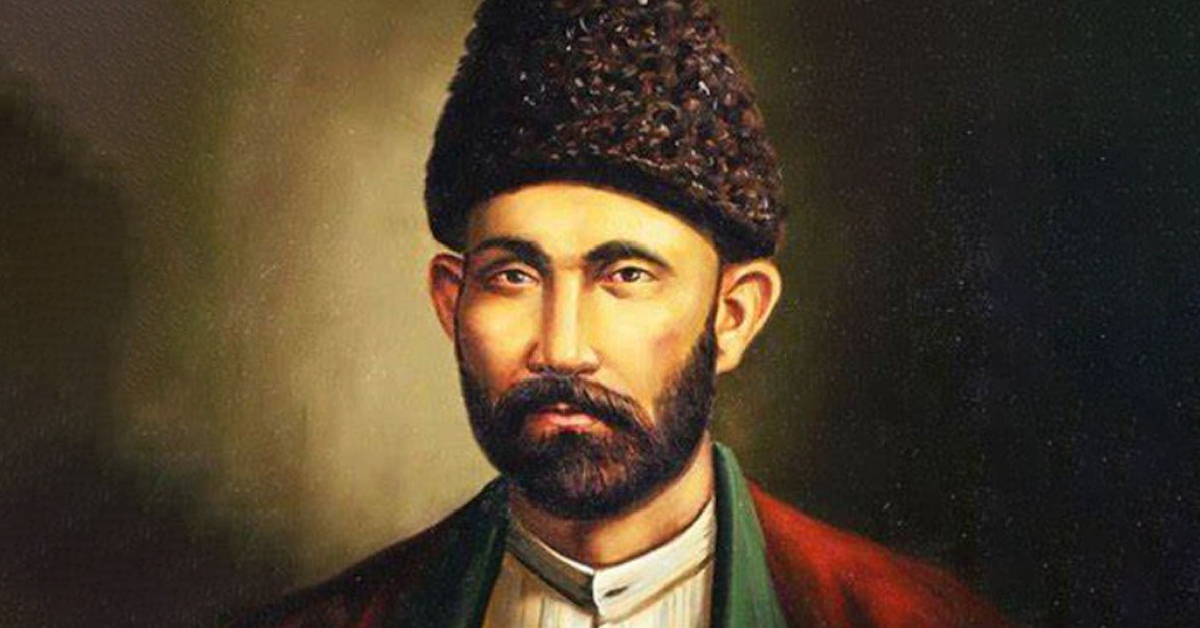2025
2025
2025-03-04

The literary works of Seyid Azim Shirvani are significant primary source about the Turkic-speaking peoples living in Eastern Transcaucasia. Claimed as a prominent enlightener and writer of Azerbaijani literature, he was born in 1835 in Shamakhi and received his education in Baghdad, where he studied Persian and Persian literature. He later worked in Shamakhi. In one of his works, titled Address to Caucasian Muslims[1], he addresses the Turkic-speaking Muslims of the Caucasus without specifying any particular national designation for them. Therefore, in the 19th century, there was no ethnic group called “Azerbaijani.” The author also provides information in his work about the small number of Turkic-speaking Muslims.
In every region [in Shirvan], we have five to ten villages,
But we have fifty akhunds,
Fifty dervishes, fifty ode-singers,
Yet not a single one of them speaks the truth.
In the following lines of the poem, the author speaks about the widespread ignorance among the population. He describes them as being distant from science and progress, wandering in darkness, with religion as their only distinguishing feature from other nations. Azim Shirvani believed that the foundation of education and knowledge are schools, where, as he notes, students learn Persian and Russian. The poet does not mention Azerbaijani because this Turkic dialect was not perceived as part of formal education. It was used as a means of communication but was not considered necessary for literacy. The poet, who presents the truth, writes:
Science is an eternal treasure,
It is the source of human greatness.
We have no days without sorrow and suffering,
Because we are illiterate.
Now there is a school in Shirvan as well,
We study Persian and Russian.
There is no limit to my sorrow,
But I believe in the truth.
[1] The work is titled Qafqaz müsəlmanlarına xitab – Address to Caucasian Muslims.